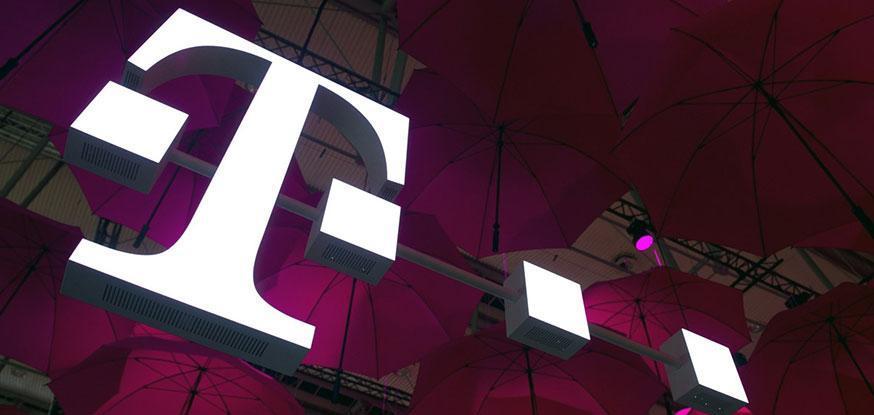T-Mobile announced on June 26 it had completed the United States' first mobile broadband data session live in the field using License Assisted Access (LAA) on its commercial network. The field testing, which began in Los Angeles, showed blazing 741 Mbps download speeds using 80 MHz of aggregated spectrum.
In addition, T-Mobile is the first national wireless provider to make LTE-U available to customers. LTE-U uses publicly available 5 GHz airwaves to bolster existing LTE capacity and give a speed boost to what is considered America's most advanced 4G LTE network. T-Mobile LTE-U is live in select locations in Bellevue, WA; Brooklyn, NY; Dearborn, MI; Las Vegas, NV; Richardson, TX; and Simi Valley, CA, with more rolling out later this year.
For T-Mobile customers, LTE-U delivers even more capacity and faster speeds. And there's no need to turn on or download anything. It just works for T-Mobile customers in LTE-U locations with compatible smartphones. LTE-U provides similar speed and capacity benefits for consumers as the trifecta of technologies T-Mobile launched last fall - Carrier Aggregation, 256 QAM (Quadrature Amplitude Modulation) and 4x4 MIMO (Multiple Input Multiple Output) - with less licensed spectrum.
"LAA is just the latest example of how T-Mobile is innovating the way forward. While our competitors scramble to deal with the way unlimited data plans are slowing down their networks, we're already moving on to what's next," said Neville Ray, CTO at T-Mobile. "This means that the fastest LTE network - that's T-Mobile - will only get faster. I hope AT&T and Verizon like eating our dust!"
Earlier this year, the FCC cleared the way for LTE in unlicensed spectrum, enabling wireless providers to use unlicensed airwaves in the 5 GHz band that are frequently underutilized. LTE-U and LAA devices and equipment intelligently tap into and share underutilized unlicensed spectrum without affecting other users on the same band, including those using conventional Wi-Fi. Building on years of research, development and testing, T-Mobile immediately began the rapid rollout of new network hardware to support LTE in unlicensed spectrum.
LAA enables greater carrier aggregation than LTE-U, so mobile operators can combine larger amounts of unlicensed and licensed spectrum. LAA will allow T-Mobile to deliver even more bandwidth and faster speeds to customers in the future. T-Mobile is first to use this LTE Advanced technology. The Un-carrier plans to further densify its network with small cells which include LAA functionality starting later this year.

